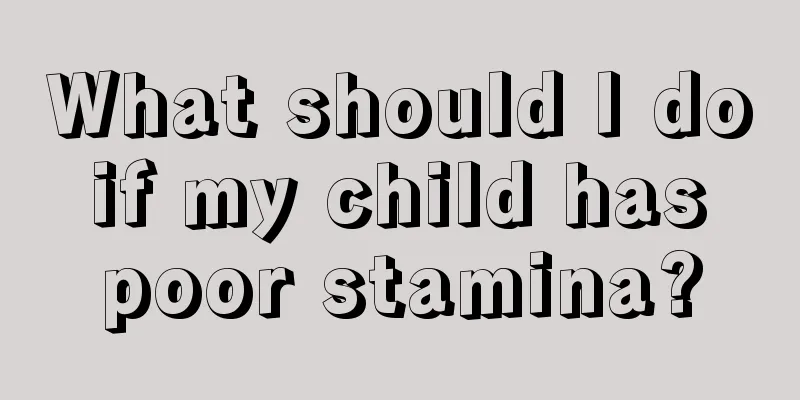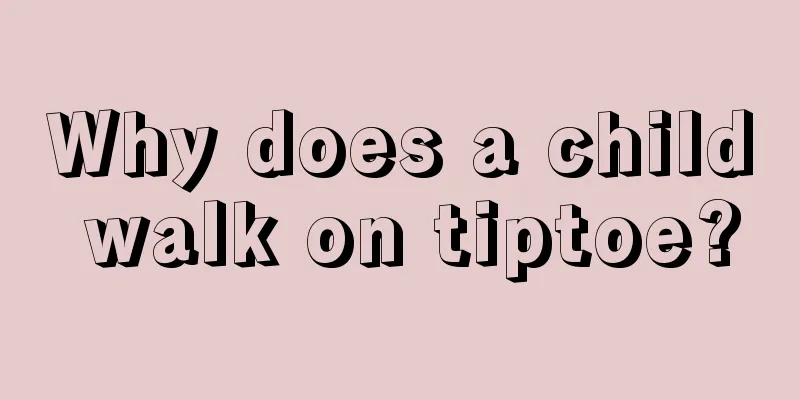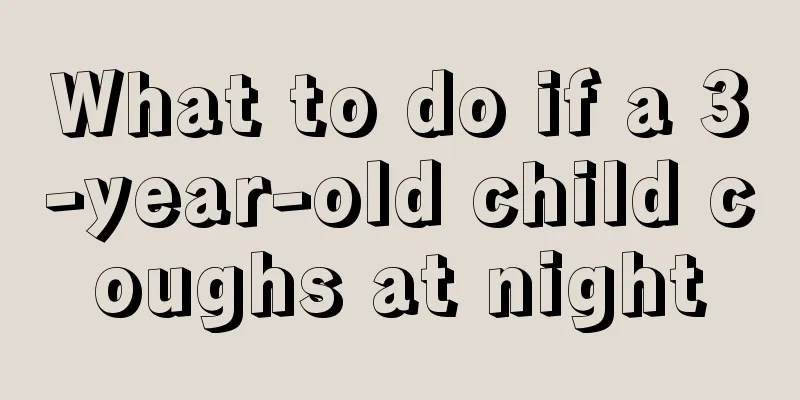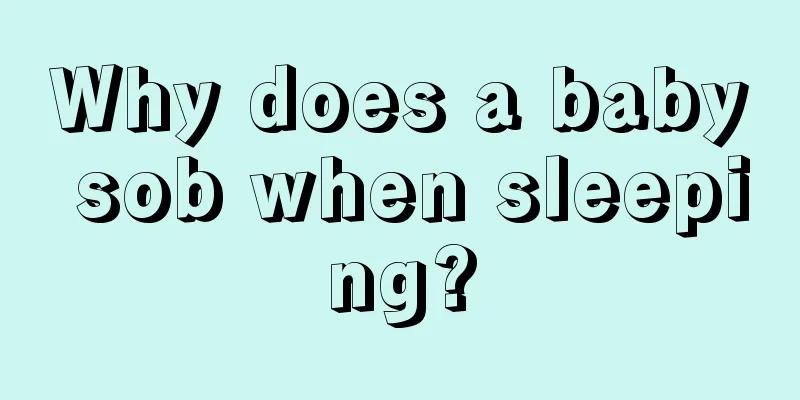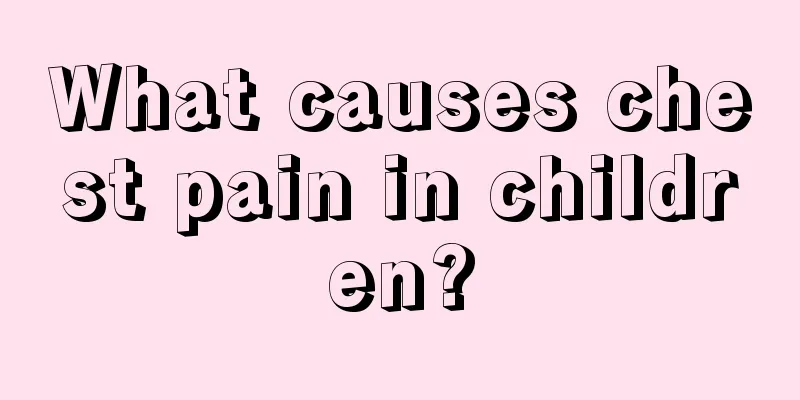Why does a child have a high fever that won't go away?
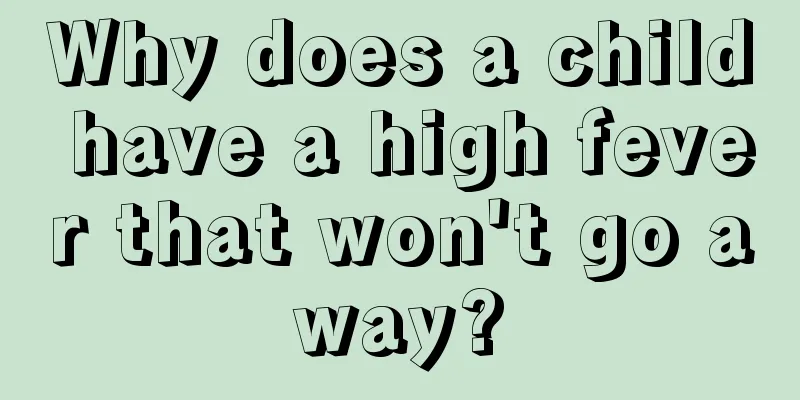
|
Usually children are particularly prone to catching colds in spring, so spring naturally becomes the season when children are most likely to catch colds. This is mainly because the temperature in spring is very unstable, and there is always a large temperature difference between day and night. In addition, children like to jump around, so sweating and then being blown by the wind can easily cause a cold. So when children catch a cold, they will feel that they have a high fever, or even a persistent high fever. 1. External factors: Children's body temperature is affected by the external environment, such as wearing too many clothes when it is hot, drinking too little water, and poor ventilation in the room. 2. Internal factors: Sickness, cold, tracheitis, sore throat or other illness. 3. Other factors: Such as preventive injections, including measles, cholera, diphtheria, pertussis, tetanus and other reactions. Fever is only one symptom of the disease, not all of it. Dr. Song Wenju, director of the pediatric department, said that when it comes to fever, doctors are concerned about the impact and progression of the disease itself, but parents usually only see the appearance of the disease, such as fever, vomiting, and coughing, and then become panicked. Little do people know that when doctors treat diseases, the most important thing is to discover the cause of the disease and find a way to completely cure it, rather than simply reducing the fever. So in some cases, the fever symptoms will be allowed to continue to appear in order to find the true underlying cause of the disease. Therefore, he reminded loving parents not to blindly ask doctors to reduce fever or treat fever symptoms, but to follow the doctor's advice, accurately find out the real cause of the fever and prescribe the right medicine. The reason why parents go crazy as soon as their baby has a fever is nothing more than a traditional concept that a fever will damage the child's brain. Dr. Ding Qiwen, director of the pediatric department, said that a high fever itself will not cause "brain damage and intelligence deterioration". Such misunderstandings existed in the past because medical knowledge was not yet popularized and the causes behind high fever were not clearly distinguished. Parents don’t need to worry too much after their children have a fever, but they must reduce their fever as soon as possible. If the fever cannot be reduced, they need to be sent to the hospital for treatment. Because children’s high fever that does not go away is a very serious condition, it is likely caused by internal reasons in their bodies, so it cannot be ignored. Fever itself is a common symptom of the disease. |
<<: What should I do if my child has a sore throat and a high fever?
>>: What is the standard height and weight for a two-year-old?
Recommend
What is the reason for children coughing in the early morning?
Coughing is a very common disease in life. Someti...
Reasons why children have trouble falling asleep
Insomnia is painful. Sleep is very important. Peo...
What are the precautions for children to take anthelmintics?
Children often have stomach problems and cannot g...
Is it okay for a child to have teeth growing from above?
Parents are always very happy when they find thei...
Can the baby's full-month vaccination be postponed?
Vaccines are a very common thing in people’s dail...
Baby tonsillitis anti-inflammatory
Tonsillitis is a common disease, which is usually...
What are the symptoms and clinical manifestations of tracheitis in children?
The weather nowadays is really changeable, especi...
What is the cause of baby's sinusitis nosebleed
Nosebleeds are a common phenomenon in our lives, ...
Child looks at things with squinting eyes
If a child looks at things with squinting eyes, p...
What to do if your baby has anemia?
In today's life, there are always many childr...
Traditional Chinese Medicine Treatment of Precocious Puberty
Precocious puberty is not a new term. In fact, ma...
What to do if your one-year-old baby coughs
One-year-old babies are still relatively young an...
What causes ulcers in children's mouths?
Children's mouth sores are often caused by ma...
Symptoms of lead poisoning in children
Children are the most innocent creatures in the w...
How to treat swollen lymph nodes in children
Lymph node enlargement is a common clinical probl...



